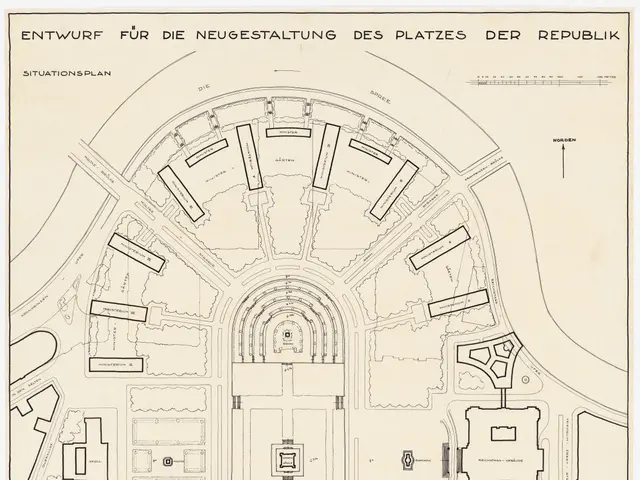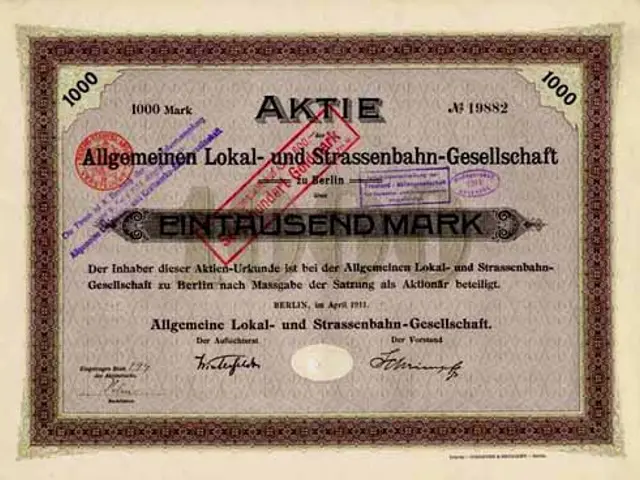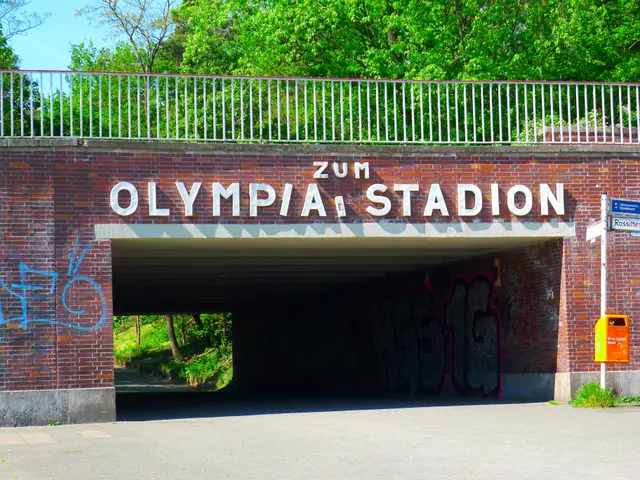Heat Planning in German Municipalities Progresses - Germany’s Cities Race to Meet Ambitious Heat Transition Deadlines by 2028
German cities and towns are stepping up efforts to meet new heat planning requirements. By June 2026, all major cities must submit their strategies, while smaller municipalities have until June 2028. The push comes as local authorities face both progress and challenges in transitioning to sustainable heating solutions.
Half of Germany’s local authorities have already started planning or implementing heat transition measures. This marks a 20% increase compared to the previous year, showing growing momentum in the shift away from fossil-fuel-based heating.
The Heat Planning Act sets clear deadlines, but success depends on overcoming practical obstacles. Local authorities must address staffing gaps, funding issues, and public engagement to deliver their heat transition plans on time. The next few years will determine how well Germany adapts to sustainable heating demands.
Read also:
- Federal Funding Supports Increase in Family Medicine Residency Program, Focusing on Rural Health Developments
- Potential Role of DHA in Shielding the Brain from Saturated Fats?
- Alternative Gentle Retinoid: Exploring Bakuchiol Salicylate for Sensitive Skin
- Hanoi initiates a trial program for rabies control, along with efforts to facilitate the transition from the dog and cat meat trade industry.






